ASIO findings on man dubbed ‘pool fence terrorist’ overturned by Federal Court
An asylum seeker falsely dubbed “the pool fence terrorist” could be released from detention after a court ruled evidence against him was deeply flawed.
National
Don't miss out on the headlines from National. Followed categories will be added to My News.
Exclusive: Australia’s spy agency ASIO used discredited, torture-tainted evidence to make an adverse security assessment against Egyptian asylum seeker, Sayed Abdellatif, who was falsely dubbed the “pool fence terrorist”.
ASIO’s error-laden findings, now overturned by the Federal Court, led to the father of six being held in immigration detention for more than 10 years as a potential security risk.
Federal Court Judge Debra Mortimer has found two of ASIOs assessments of Mr Abdellatif were legally unreasonable and denied him procedural fairness – a decision which may clear the way for his release.
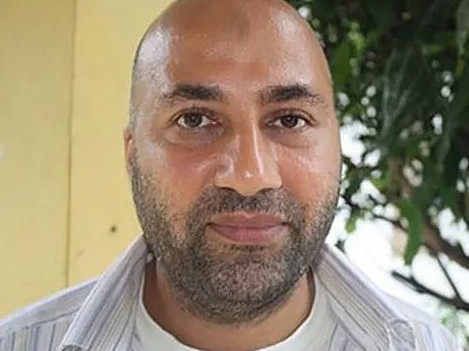
It has been revealed ASIO relied on evidence from a widely discredited show trial of more than 100 people in Egypt 23 years ago in which Mr Abdellatif was convicted in absentia.
The evidence used to convict Mr Abdellatif was obtained using torture, including of his own father.
The Australian Government was told about the torture and was also informed that an Interpol Red Notice – which is seen as an international arrest warrant – for Mr Abdellatif had been withdrawn, but ASIO failed to take that into account.
Mr Abdellatif has consistently maintained he was never part of a terrorist organisation and there has been no evidence published to support such an allegation.

Mr Abdellatif who was represented by solicitor Zali Burrows and barrister Michael Finnane, arrived in Australia by boat in 2012, seeking asylum with his wife and children. He has been in detention ever since.
His case attracted public attention in 2013 after Australian authorities initially missed the Interpol notice, and then opposition leader Tony Abbott, used the oversight to attack the government for being weak on border protection.
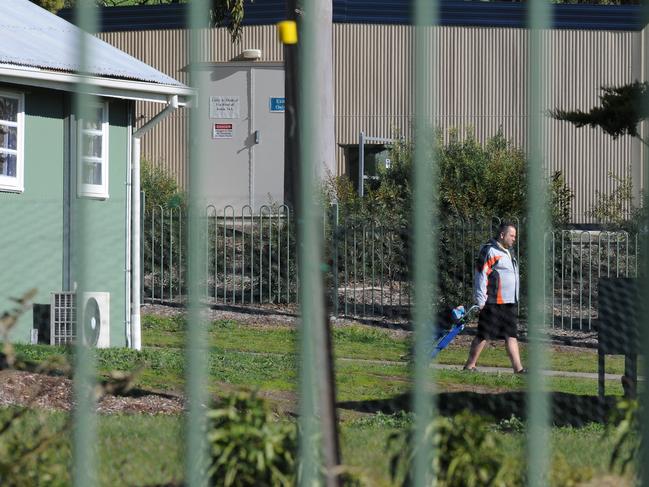
He falsely dubbed Mr Abdellatif a “jihadist” and a “pool fence terrorist”, because he was being held at the low-security Inverbrackie Detention Centre.
After the publicity he and his family were moved into high-security detention.
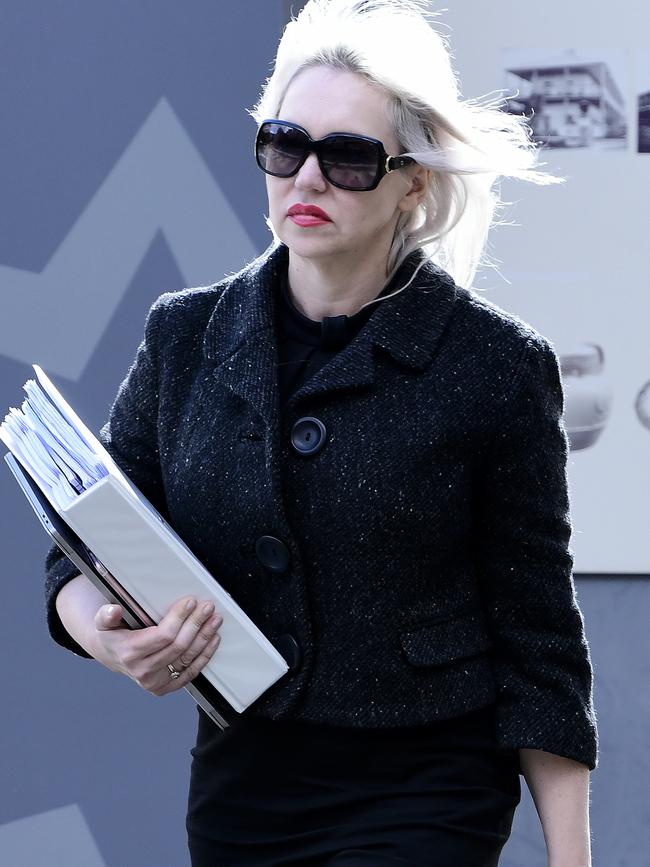
In his bid for a protection visa, Mr Abdellatif has been subject to numerous ASIO interviews and assessments about unproven allegations he was involved decades ago with Egyptian Islamic Jihad (EIJ).
The judgment gives a rare insight into some of ASIO’s tactics including how they interviewed Mr Abdellatif for more than eight hours during Ramadan, when he was fasting and could not eat or drink for the entire period.
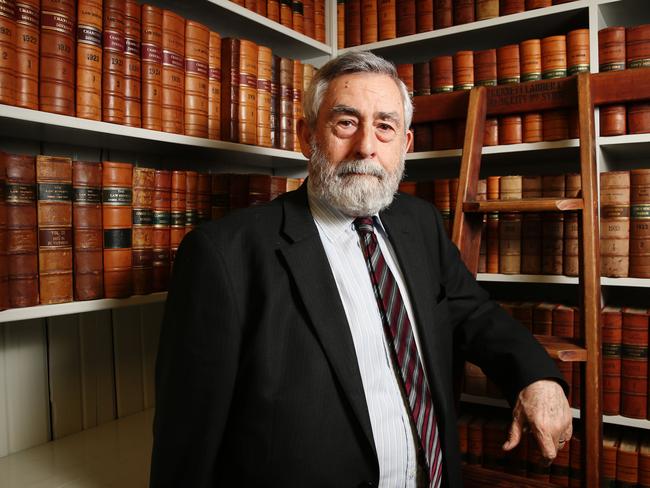
They interviewed him with more than 700 questions in one day. He was interviewed again by agents confusingly using different aliases.
“One officer states “my name is Jacki, just in case you have forgotten”. However, no officer by the name of “Jacki” interviewed the applicant (previously) …”
The judgment said given the “length and breadth of the interviews” ASIO’s expectations of how much the applicant could recall, apprehend to be relevant, and volunteer appeared “unreasonable and unrealistic.”
Mr Abdellatif accused ASIO of employing the same tactics as Egyptian authorities.
An excerpt of one interview, Mr Abdellatif: “ASIO is trying to pressure me mentally …”
“In Egypt, they will put the person under torture until he confesses and signs a confession which is previously – prepared in advance. Unfortunately, this is the same thing happening here in Australia, but in another way … “
The judgment found the ASIO assessment process was unfair and the agency had a fixed position before the interviews, so that unless he recanted his previous positions they would not believe him. But if he did recant to appease ASIO, they would likely have said it showed he had been lying all along and couldn’t be believed.
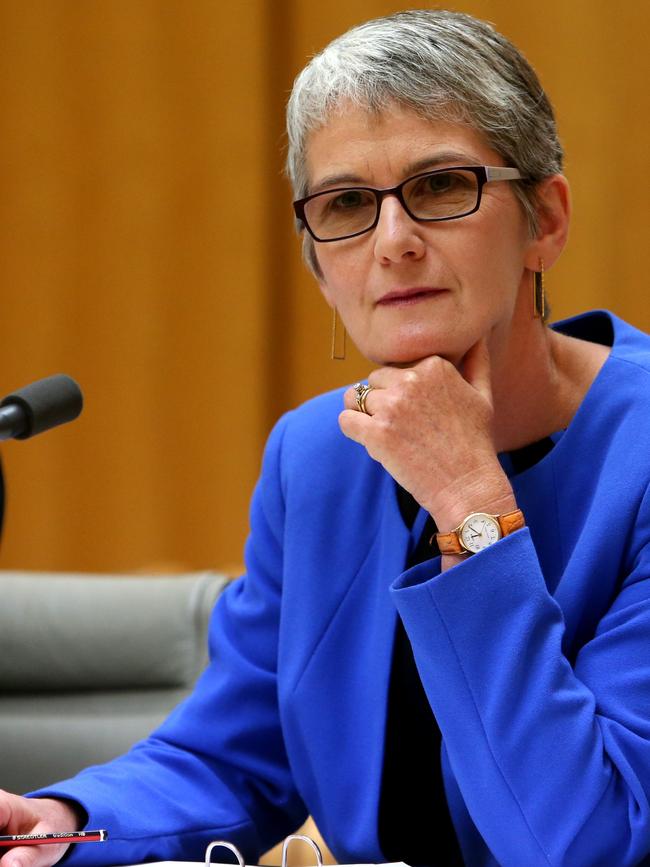
“That is what in other circumstances might be called a Catch-22,” the judgment said.
A previous embarrassing government inquiry condemned the handling of the case by The Department of Immigration, the Australian Federal Police and ASIO.
A spokesman for ASIO said they are carefully reviewing the decision and considering its legal options.
“As court processes are still continuing, it would be inappropriate to comment any further,” he said
The spokesman said in general, ASIO’s security assessments involve rigorous analysis of intelligence by highly-trained experts, and every assessment undertaken is conducted via a thorough and robust process.
“Where ASIO becomes aware after the fact that information may have been obtained under torture, serious consideration is given to the overall credibility of the information.”




